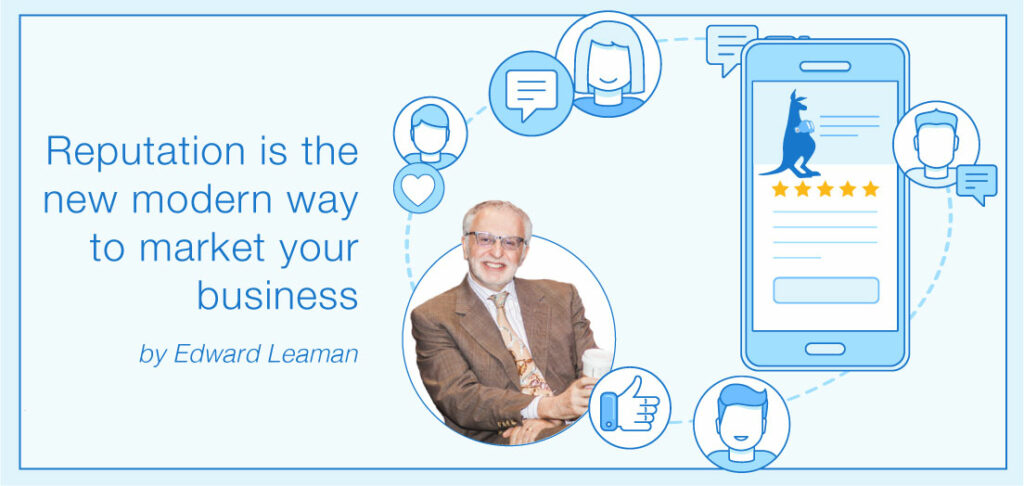Reputation and Brand
The great Peter Drucker once said, “Culture eats strategy for breakfast, lunch and dinner,” and when it comes to thinking about the relationship of brand to reputation this is what has always struck me hardest. If the strategy of a brand revolves around moving values and beliefs into the marketplace via products, processes and people, and a brand is a promise, delivered and measured then the place at the center of all this, the essential Why of the business, is best held by understanding the culture of the business and the brand. Surely that which enthuses and energizes everyone and everything, that which the customers receive tangibly, and the employees through feeling truly part of something at a deeply emotional connection point, is what holds the deepest point of consciousness and meaning for everyone?

I believe that this point of deepest connection is actually reputation. It is so because reputation speaks to promises delivered and kept yet now measured in the voices of those most invested in the outcome. In the social and review era proof and evidence speak louder than image and hyperbole. And no matter what geopolitical performances play out in front of us, truth matters when it comes to the longevity of brand, as reputation is evidenced truth, and is a fundamental requirement of overall brand health. Reputation speaks at its core to the concept of data-driven empathy, the ability of brands to understand the depth of relationships they have with different psychographic and demographic groups of prospects, customers and employees. In understanding reputation, therefore, we are investing in the most sustainable brand asset we have, namely the long term relationships with other human beings related to our brand ethos and activity.

So brands need to become reputation centric in their brand building strategies, which means both connecting their brands from the heart of inside out of beliefs made tangible through product, process, and people to stakeholders, but pumping back into their heart the voiced feedback of those same stakeholders in order to keep the heart healthy. It’s a circle or cycle of serving and reputation and it requires consistent and continuous vigilance. Marketing departments will need to be organized somewhat differently as the role of reputation touches all digital efforts, public relations, and brand management, as well as seeking some real and relevant relationship with sales and the sales process. This co-existence of brand and reputation is a new dynamic and a much more fluid and flexible approach to marketing program development is required as reputation impacts both the brand experience and the marketing journeys that are designed and made operational.
Measuring reputation at the critical juncture points of where brand experience and marketing journeys meet, such as first contact through any touch-point, consultation and deal-making, delivery of product and service and both the moment of departure and continuum marketing opportunities will all bring the potential of relating to and continuously improving brand health.

All of this simply asks us to be really conscious that reputation is an important organic and breathing pulse within a brand. It simply and purposely reminds brand owners and drivers of the quote from T.S Eliot, “You are the music, while the music lasts.”


